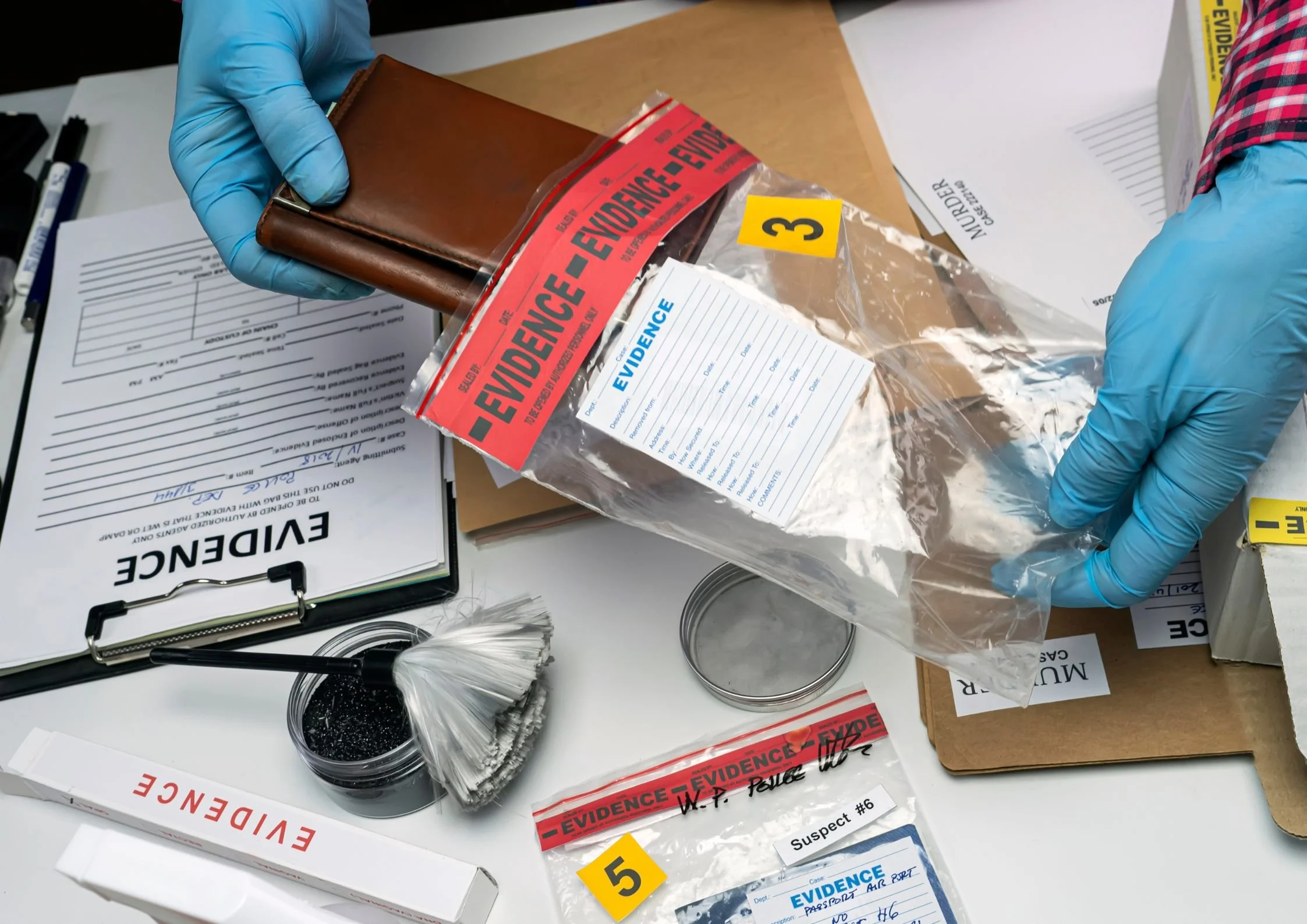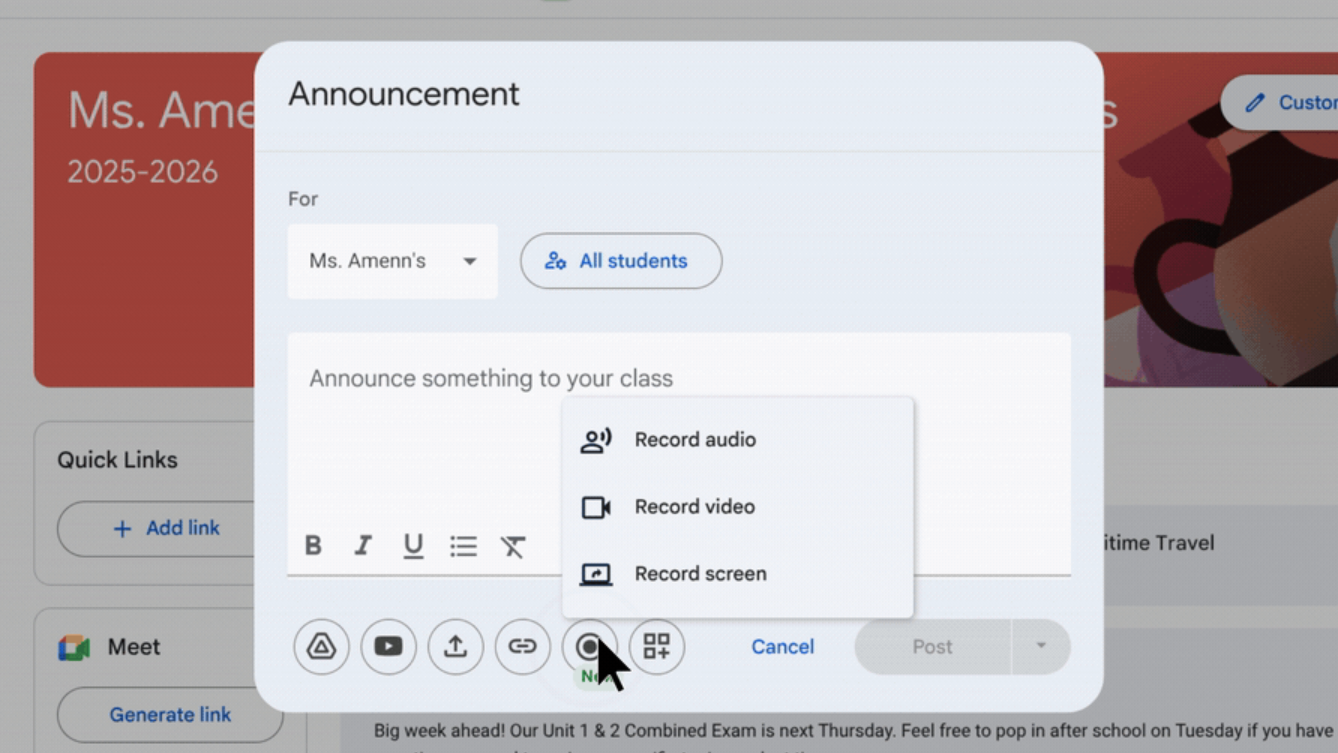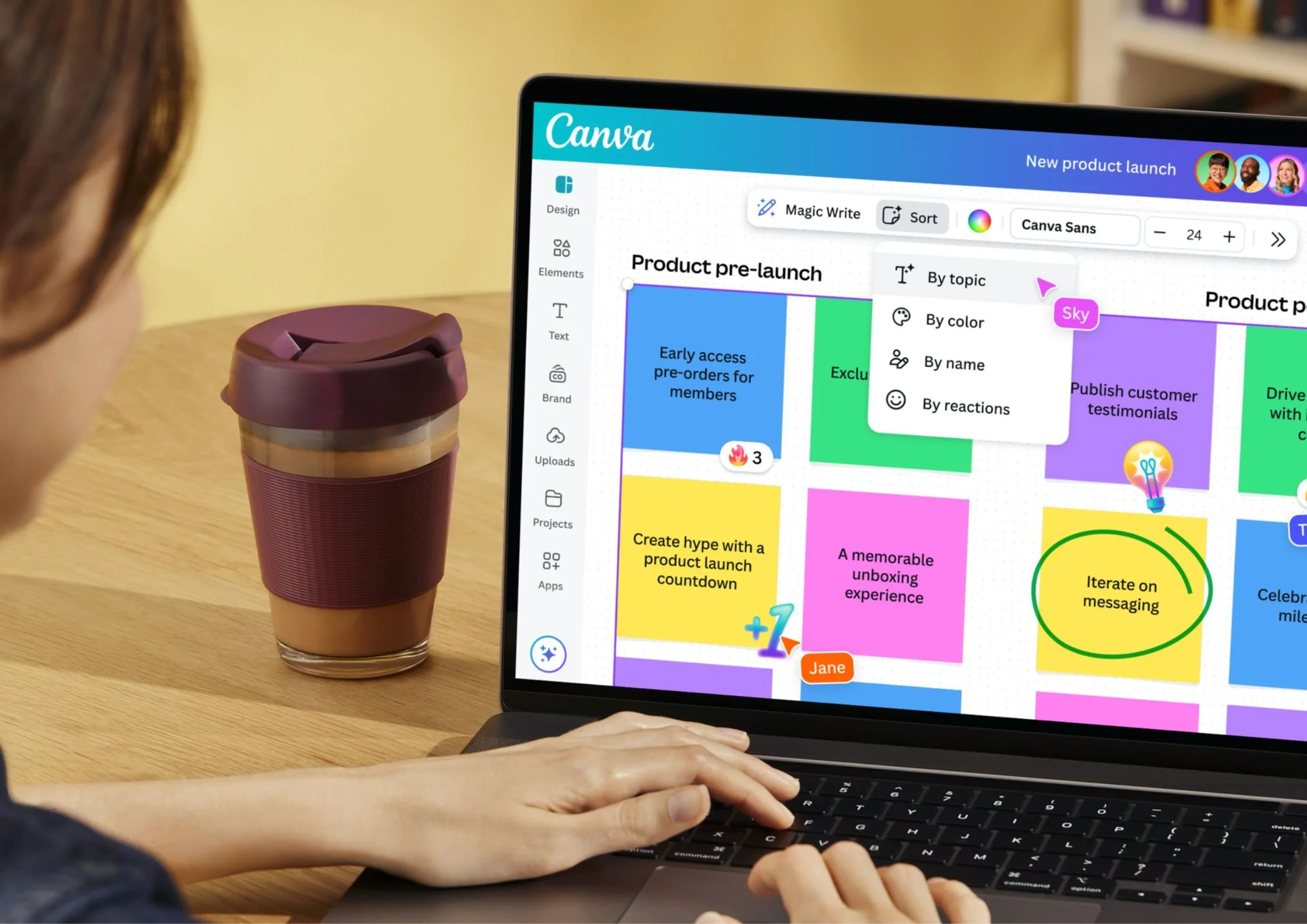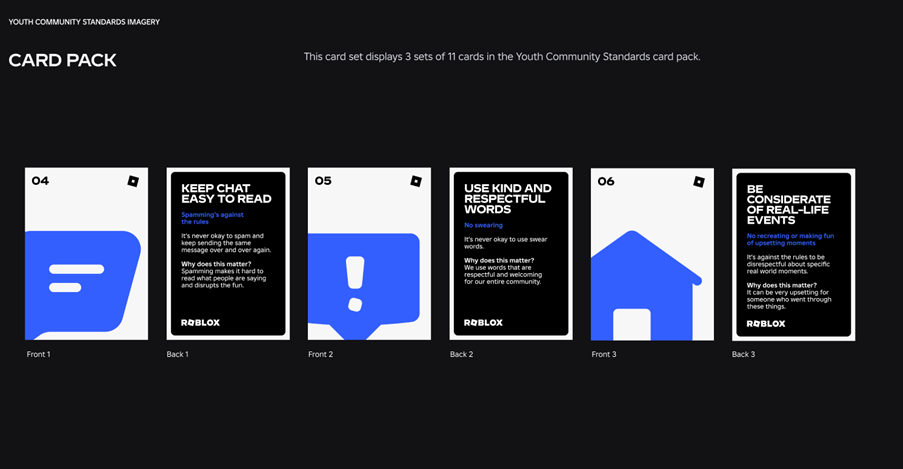Training the trainers: How nurse educators are leading the next healthcare revolution
As the American healthcare system becomes more demanding, the need for confident, well-prepared nurses is growing fast. But preparing future nurses takes more than textbooks and clinical checklists; it requires skilled guidance from those who’ve walked the path before.
Nurse educators are stepping into this role, not just teaching skills, but shaping how students think, adapt, and grow into professionals. From the classroom to the bedside, they’re playing a major part in how the next generation enters the field.
This article explores how nurse educators are transforming student experiences and leading a quiet but powerful shift in healthcare education.
The Changing Landscape of Nursing Education
Healthcare isn’t what it used to be. Today’s nurses face evolving technology, critically ill patients, and the lingering effects of the COVID-19 pandemic. Yet many nursing programs are still built around traditional classroom models that don’t fully reflect the realities of modern clinical care.
That’s where nurse educators are stepping up. They’re moving beyond textbooks and lectures to become hands-on mentors and innovators. With a greater emphasis on simulation, soft skills, and individualized coaching, nurse educators are helping students prepare for the real-world pace and pressure of nursing.
According to the U.S. Bureau of Labor Statistics, the employment of registered nurses is projected to grow by 6% from 2021 to 2031, indicating a pressing need for a well-trained workforce.
The stakes are high, and the role is evolving - fast. These educators aren’t just teaching skills; they’re shaping future-ready professionals who can thrive in today’s high-stakes, high-pressure healthcare settings.
Who Are Nurse Educators?
Nurse educators are registered nurses with advanced degrees who teach and mentor student nurses in academic, hospital, and community settings. Most bring years of clinical experience into their teaching, which helps them bridge the gap between theory and practice.
They work in classrooms, simulation labs, and clinical placements. Some even split their time between teaching and bedside care.
What sets them apart is more than knowledge. They have a knack for communication, empathy, and critical thinking. They have a talent for translating complex concepts into relatable lessons, encouraging a supportive learning environment. In-person and online nurse educators can provide incoming nurses with a genuine inside view of their chosen career path.
Whether it’s guiding a student through their first IV or supporting them through imposter syndrome, nurse educators play a vital role in shaping both skills and confidence in the next generation of nurses.
How Nurse Educators Are Reshaping Student Experiences
Nurse educators are changing how students learn (and feel) about their training.
Simulation & Feedback: High-fidelity simulations allow students to practice complex procedures in a safe and supportive setting. Educators provide real-time feedback to build competence and confidence.
Emotional Support: Educators help students manage anxiety, setbacks, and the emotional demands of nursing.
Tailored Coaching: Clinical educators offer one-on-one support during placements, helping students apply theory in real care situations.
Critical Thinking: Nurse educators push students to ask “why,” encouraging deeper reasoning and evidence-based decision-making.
Burnout Prevention: By encouraging balance, self-reflection, and self-care strategies, educators can help reduce the early signs of burnout.
Programs that focus on mentorship and resilience are becoming more common. In many schools, educators now check in with students every week - not just about grades, but about mindset. These small touches make a big difference in student confidence and preparedness.
Bridging the Gap Between Study and Practice
The jump from classroom to clinic can be jarring, but nurse educators help soften the landing. They prepare students for the emotional weight of genuine patient care, not just the technical tasks.
Educators coach soft skills like bedside communication, conflict resolution, and ethical decision-making - skills that often aren’t covered in textbooks but are crucial in patient care. They also create space for students to ask hard questions, reflect on experiences, and grow professionally.
Support doesn’t stop at graduation either. Many educators stay connected with students as they begin their careers, offering guidance through those nerve-wracking first shifts.
It’s not just about helping students pass tests; it’s about helping them become confident, compassionate nurses. And when new grads feel supported and prepared, they’re more likely to stay in the profession and thrive, even in high-pressure environments.
Why This Matters: The Ripple Effect
When nurse educators invest in students, the impact travels far beyond the classroom. Well-trained nurses mean better patient outcomes, fewer medical errors, and stronger, safer healthcare systems.
Educators who build resilience and real-world readiness into their students help reduce early-career burnout and turnover, a costly issue for hospitals. Studies show that new nurses who feel mentored and supported are more likely to stay in the profession long-term.
Hospitals benefit too. Graduates who are well-prepared and emotionally ready hit the ground running, easing staffing pressures and improving team dynamics. On a larger scale, nurse educators help shape a more flexible and thoughtful workforce - one that can respond to the rapidly changing demands of modern healthcare.
The ripple effect is clear: when you train the trainers well and support their role, the entire system becomes stronger. It’s not just education—it’s future-proofing healthcare.
As demand for nurses grows, so does the need for skilled nurse educators.
Continued professional development should be prioritized, enabling educators to adapt to changing healthcare demands and teaching methodologies. Investing in their development, offering mentorship, and improving policies that support their role are essential next steps.
As Benjamin Franklin said, “An investment in knowledge pays the best interest.” By backing our nurse educators, we ensure a brighter future, not just for nurses, but for the entire healthcare system.





















